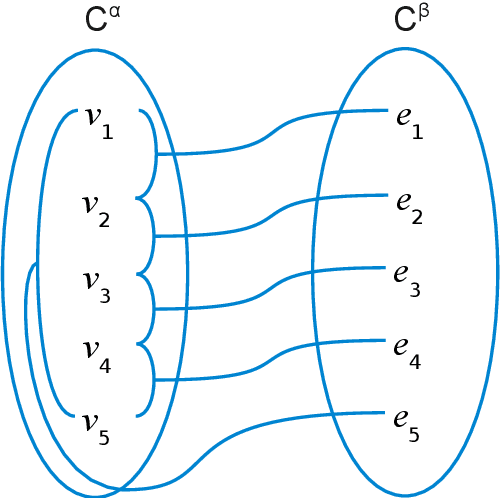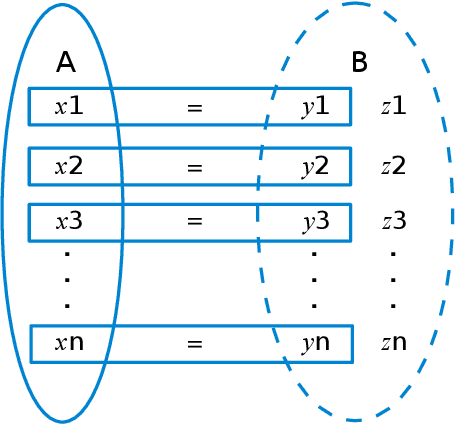Structural Decompositions for Problems with Global Constraints
Paper and Code
Feb 09, 2015

A wide range of problems can be modelled as constraint satisfaction problems (CSPs), that is, a set of constraints that must be satisfied simultaneously. Constraints can either be represented extensionally, by explicitly listing allowed combinations of values, or implicitly, by special-purpose algorithms provided by a solver. Such implicitly represented constraints, known as global constraints, are widely used; indeed, they are one of the key reasons for the success of constraint programming in solving real-world problems. In recent years, a variety of restrictions on the structure of CSP instances have been shown to yield tractable classes of CSPs. However, most such restrictions fail to guarantee tractability for CSPs with global constraints. We therefore study the applicability of structural restrictions to instances with such constraints. We show that when the number of solutions to a CSP instance is bounded in key parts of the problem, structural restrictions can be used to derive new tractable classes. Furthermore, we show that this result extends to combinations of instances drawn from known tractable classes, as well as to CSP instances where constraints assign costs to satisfying assignments.
 Add to Chrome
Add to Chrome Add to Firefox
Add to Firefox Add to Edge
Add to Edge